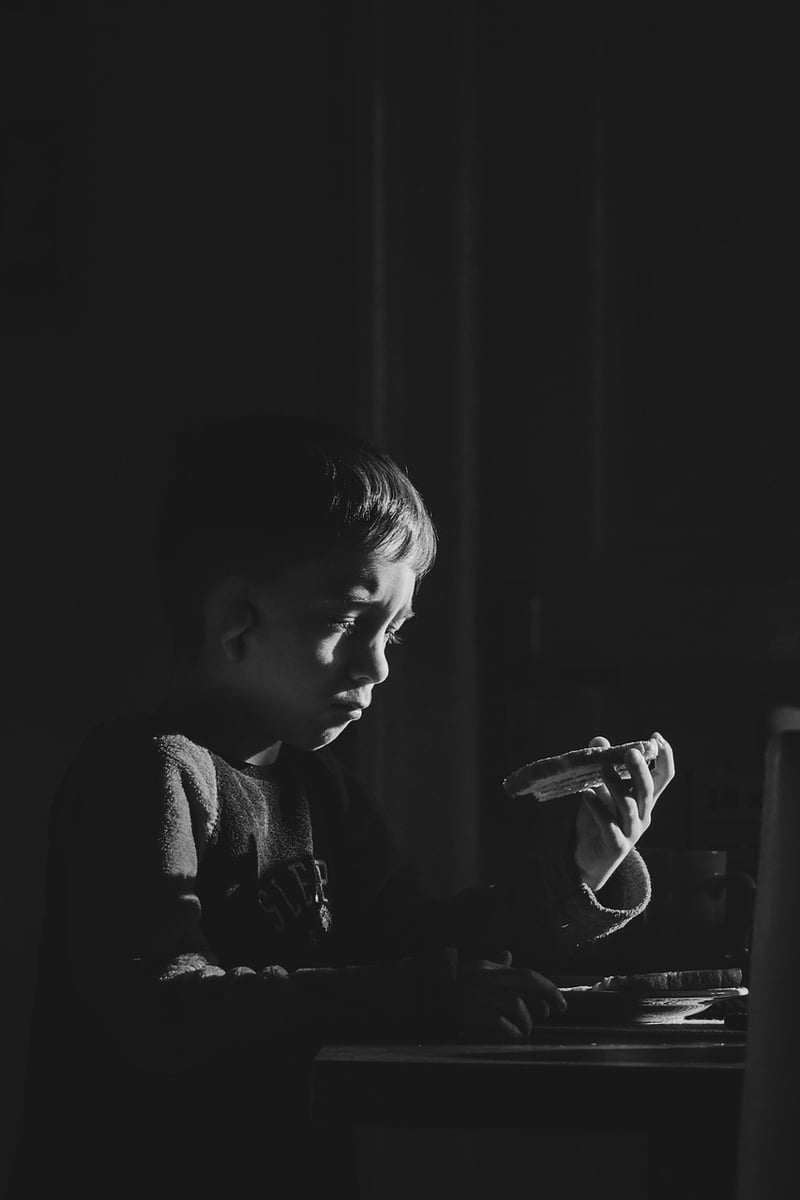Causality Dilemmas
Unraveling Time Twists and Causality Dilemmas
Time travel has long captured the imagination of humans, leading to countless stories and theories about its possibilities and consequences. One of the most intriguing aspects of time travel is the idea of time twists and causality dilemmas, where actions in the past can have unforeseen and paradoxical effects on the future.
The Butterfly Effect
One of the classic examples of a causality dilemma is the Butterfly Effect. This concept suggests that a small change in the past, like the flapping of a butterfly's wings, can lead to significant and unpredictable changes in the future. This idea highlights the interconnectedness of events in time and the potential for even minor actions to have major consequences.

Grandfather Paradox
Another famous time twist is the Grandfather Paradox, which poses the question: what happens if you travel back in time and prevent your grandfather from meeting your grandmother, thus preventing your own birth? This paradox raises questions about the possibility of changing the past and the implications it would have on the present and future.

Temporal Loops
Temporal loops are another common theme in time travel stories, where an event is caught in a continuous cycle of repetition. Characters may find themselves trapped in a loop where their actions continually lead back to the starting point, creating a sense of inevitability and predestination.

Resolving Causality Dilemmas
While time twists and causality dilemmas make for fascinating storytelling, resolving them can be a challenge. Theoretical physicists and philosophers continue to debate the implications of time travel and the possibility of altering the past without creating paradoxes.
Whether you're a fan of time travel fiction or simply intrigued by the mysteries of causality, exploring these concepts can offer a fascinating journey into the nature of time itself.
